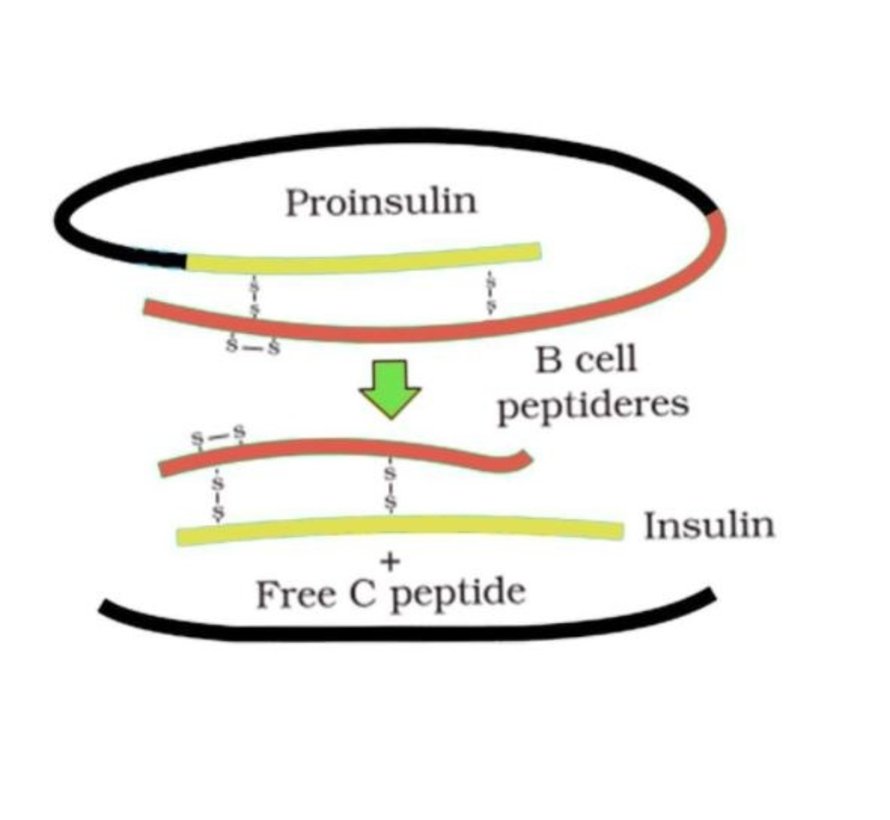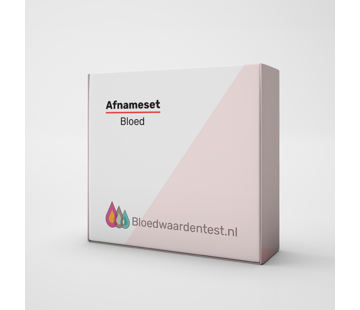Pro-Insulin Diabetes
Pro-insulin ( code PROINS from EDTA).
You must be sober for this examination.
Pro-insulin is the prohormone for insulin, which is produced in the beta cells of the islets of Langerhans. Pro-insulin, also called intact proinsulin, is split intracellularly into insulin and C-peptide.
An increase in pro-insulin is a very specific indirect indicator of insulin resistance, may predict the development of type 2 diabetes and may indicate cardiovascular risk in diabetic and non-diabetic patients.
If you are pricked sober and the pro-insulin level is less than <7 pmol/l then there is no indication of beta cell dysfunction.
But if the result is higher than 7 pmol/l then there is an indication of beta cell dysfunction and insulin resistance. Further diagnosis of cardiovascular risk is then recommended.
An elevated value in healthy individuals indicates the development of type 2 diabetes within 5 to 7 years.
To convert food into energy, your pancreas makes pro-insulin. Proinsulin is in turn converted into insulin and another protein called C-peptide.
Problems with making insulin can lead to diabetes. In type 1 diabetes, your pancreas stops making insulin in your body. In type 2 diabetes, the most common type, your body becomes resistant to the insulin you make. Your body may also be unable to regulate the amount of insulin you make because of a tumor or a problem with your pancreas.
Measuring pro-insulin in your blood can help determine your risk for type 1 or type 2 diabetes. People with type 1 and type 2 diabetes may have pro-insulin levels that are higher than normal.
You can also take this test if your healthcare provider suspects you have hypoglycemia or low blood sugar. This is when your blood sugar is too low.
as a result, the following symptoms may occur::
- Uncontrollable shaking
- Confusion
- Sweat
- Palpitations
- Headache
- Blurred vision












